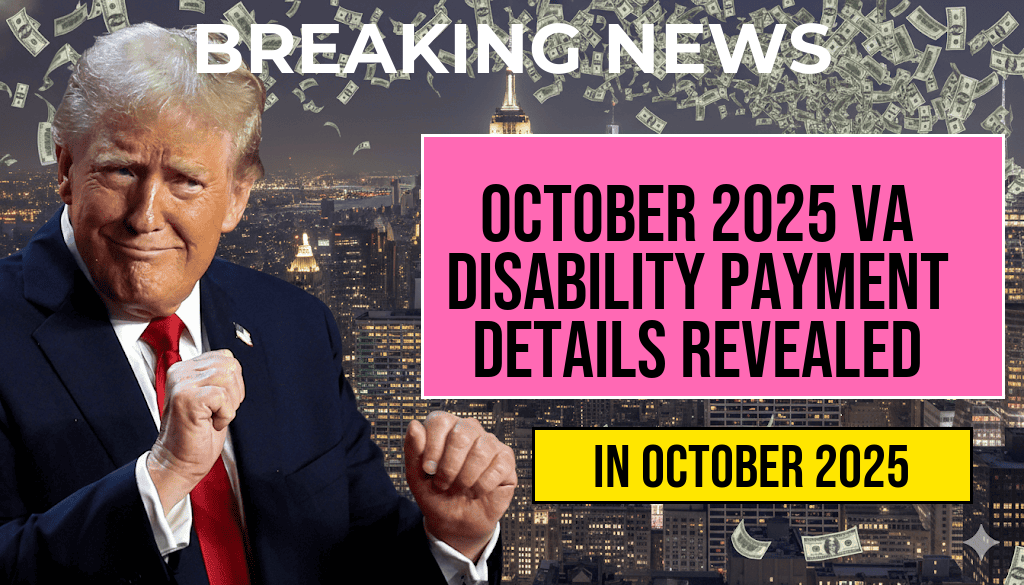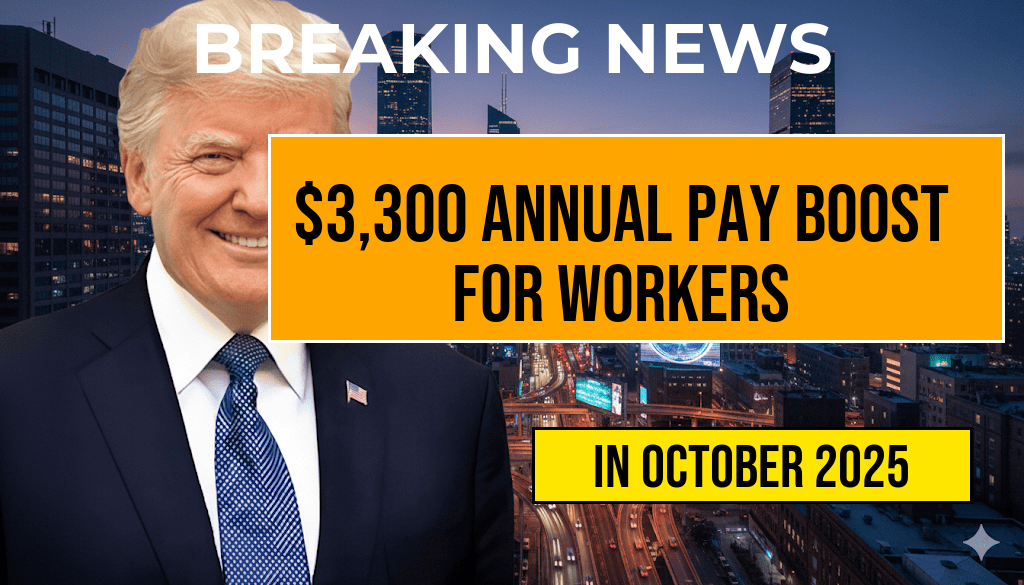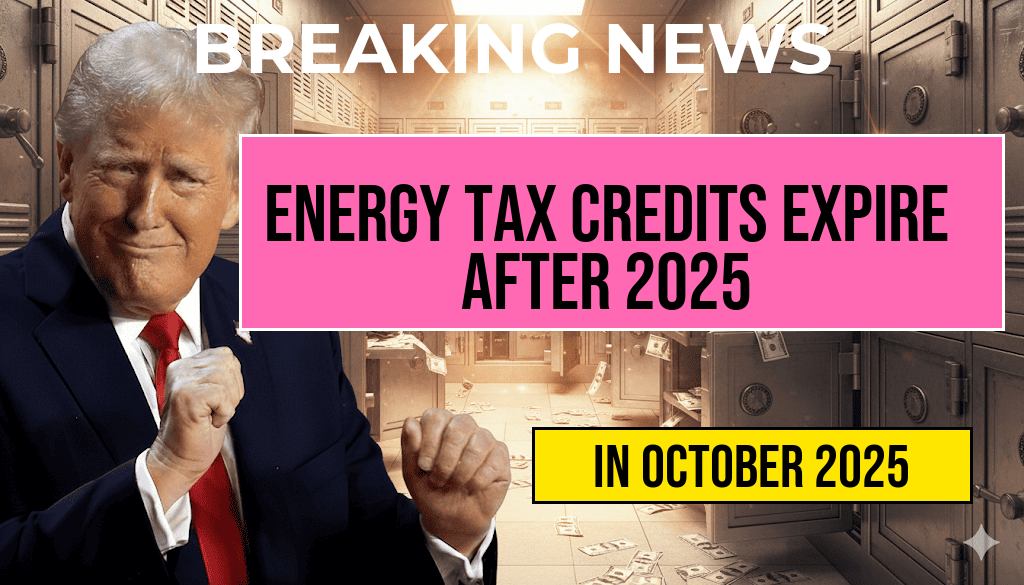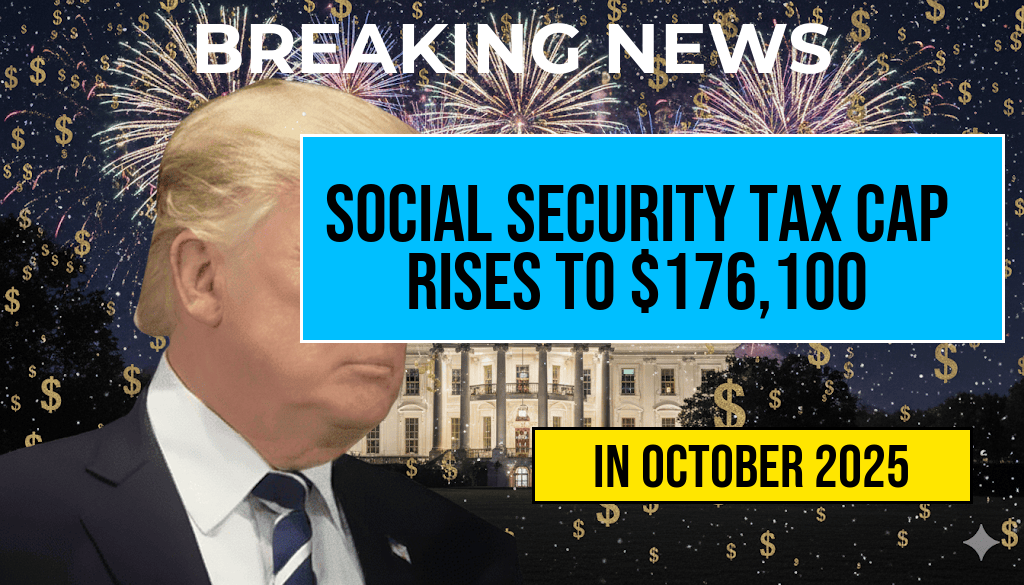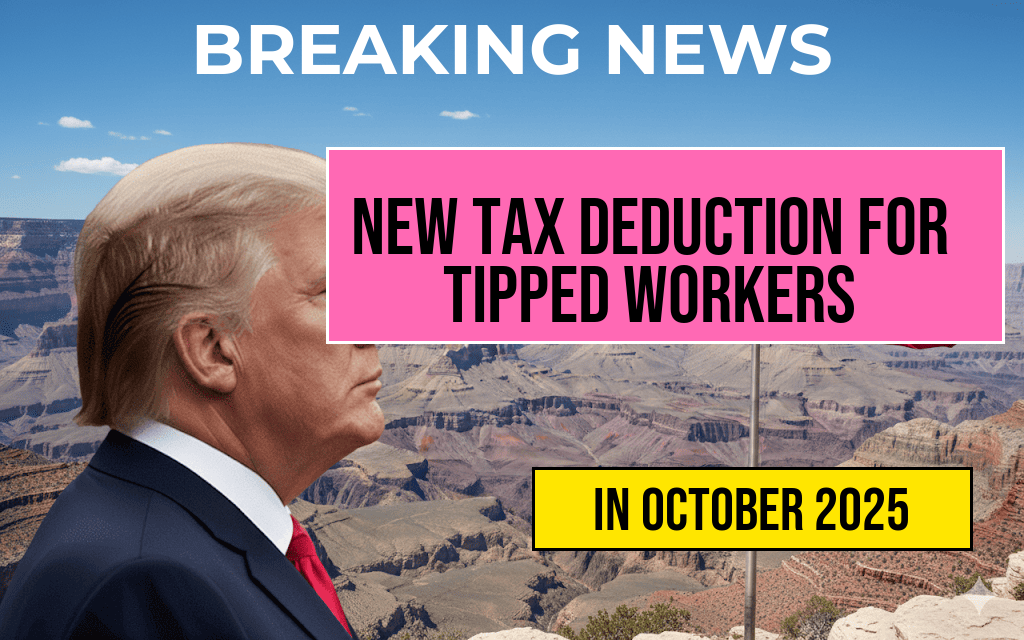The landscape of residential energy consumption is on the verge of significant change as current tax credits aimed at promoting green energy solutions face an imminent expiration after 2025. Homeowners who have been considering investments in renewable energy technologies such as solar panels, energy-efficient appliances, and home insulation may find themselves racing against the clock. With the impending deadline casting uncertainty, many are left wondering how these changes will impact their financial decisions and the broader push for sustainability in the United States. Experts warn that the expiration of these incentives could slow the momentum of green energy adoption, reversing the progress made in reducing carbon footprints and fostering energy independence.
Understanding Residential Energy Tax Credits
Residential energy tax credits were introduced as part of a broader initiative to encourage homeowners to invest in green technologies. These credits provide financial relief for individuals who purchase and install renewable energy systems in their homes. The most notable incentives include:
- Investment Tax Credit (ITC): This provides a significant percentage of the installation cost of solar energy systems as a tax credit.
- Residential Energy Efficiency Property Credit: This applies to energy-efficient home improvements, covering items like insulation, windows, and heating systems.
- Energy Efficient Home Credit: This incentivizes builders to construct homes that meet specific energy efficiency standards.
The Impending Expiration
As the 2025 deadline approaches, homeowners are urged to take advantage of these credits while they are still available. Many tax credits currently allow for up to 30% of the installation costs to be deducted from federal taxes, creating a substantial financial incentive. However, if these credits expire without renewal, the market may experience a significant downturn.
Potential Consequences of Expiration
The potential expiration of residential energy tax credits raises several concerns among environmentalists, economists, and homeowners alike. Some anticipated consequences include:
- Reduced Adoption of Renewable Technologies: Without financial incentives, many homeowners may opt out of investing in solar panels or energy-efficient appliances, significantly slowing the transition to green energy.
- Increased Energy Costs: As demand for renewable energy solutions decreases, the costs for these technologies could rise, making them less accessible.
- Environmental Impact: A decline in the adoption of renewable energy solutions could hinder efforts to combat climate change, as fewer households will be reducing their carbon emissions.
The Push for Extension and Policy Discussion
In light of these challenges, there is an ongoing push among lawmakers and green energy advocates to extend these tax credits beyond 2025. Discussions in Congress have highlighted the need for sustained support for renewable energy initiatives as a means of achieving national energy goals and reducing dependency on fossil fuels. Advocacy groups argue that extending these credits is crucial to maintaining the momentum of the green energy sector.
Alternative Incentives and State Programs
While federal incentives may be at risk, several states have implemented their own programs to promote renewable energy. These state-specific initiatives can include rebates, local tax credits, and financing options designed to encourage homeowners to adopt green technologies. Homeowners are encouraged to explore these alternatives as a potential buffer against the federal changes.
What Homeowners Can Do Now
As the clock ticks down to the expiration of these tax credits, homeowners interested in green energy solutions should consider the following steps:
- Research Available Incentives: Familiarize yourself with both federal and state incentives that may be available before making any investments.
- Consult Professionals: Seek advice from energy consultants or contractors who can provide insights into the best options based on your home’s needs.
- Plan Ahead: If you’re considering an investment in renewable energy, start gathering information and preparing for installation to ensure you can take advantage of available credits.
Final Thoughts
The expiration of residential energy tax credits after 2025 presents a pivotal moment for homeowners and the renewable energy sector. As the conversation around sustainability and green technologies continues, it is essential for individuals to act swiftly and strategically. The potential loss of these incentives could alter the landscape of energy consumption in the United States, emphasizing the importance of advocacy for continued support of renewable energy initiatives.
For more information on residential energy tax credits and their impact, visit Energy.gov and Forbes.
Frequently Asked Questions
What are the Residential Energy Tax Credits?
The Residential Energy Tax Credits are financial incentives provided by the government to encourage homeowners to invest in renewable energy systems and energy-efficient improvements in their homes. These credits help reduce the overall cost of installing systems such as solar panels, wind turbines, and energy-efficient appliances.
Why are the Residential Energy Tax Credits set to expire?
The Residential Energy Tax Credits are set to expire after 2025 due to legislative changes and budgetary considerations. Lawmakers have indicated that they may not extend these credits beyond this date, which has raised concerns among homeowners looking to invest in green energy solutions.
What happens to homeowners who have not utilized the tax credits before they expire?
Homeowners who have not utilized the Residential Energy Tax Credits before their expiration will no longer have access to these financial incentives after 2025. This may lead to increased costs for those looking to adopt renewable energy technologies in their homes.
Are there any alternatives to the Residential Energy Tax Credits after 2025?
While the Residential Energy Tax Credits may expire, homeowners can still explore other financial options such as state-level incentives, utility rebates, and financing programs aimed at promoting energy efficiency and renewable energy adoption.
How can homeowners prepare for the expiration of these tax credits?
Homeowners can prepare for the expiration of the Residential Energy Tax Credits by researching eligible renewable energy systems and making plans to install them before 2025. Consulting with energy experts and financial advisors can help homeowners maximize their savings while the incentives are still available.

